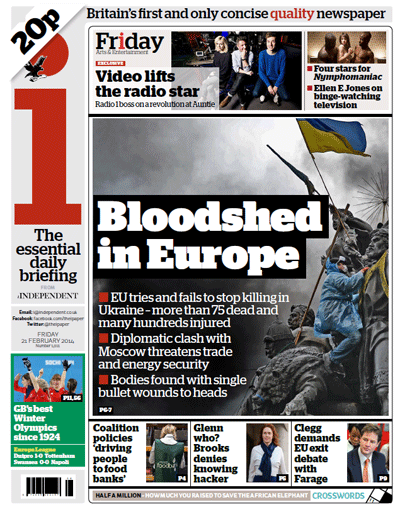Letter from the Ireland Correspondent: Downey case will bruise the peace process

Your support helps us to tell the story
From reproductive rights to climate change to Big Tech, The Independent is on the ground when the story is developing. Whether it's investigating the financials of Elon Musk's pro-Trump PAC or producing our latest documentary, 'The A Word', which shines a light on the American women fighting for reproductive rights, we know how important it is to parse out the facts from the messaging.
At such a critical moment in US history, we need reporters on the ground. Your donation allows us to keep sending journalists to speak to both sides of the story.
The Independent is trusted by Americans across the entire political spectrum. And unlike many other quality news outlets, we choose not to lock Americans out of our reporting and analysis with paywalls. We believe quality journalism should be available to everyone, paid for by those who can afford it.
Your support makes all the difference.
The deal thrashed out between London and Sinn Fein over those suspected of involvement in historical acts of IRA terrorism was not top secret, but nor was it advertised to the outside world.
Confirmation that it existed, coming in such a high-profile case, may have raised eyebrows – but the real shock yesterday is that it went so spectacularly wrong in the John Downey case because of police error. The result is that the courts do not get to pass judgment on a man charged with involvement in multiple murder.
Serious questions must be asked about the administration of justice, police competence, and dealing with vital matters away from political and public scrutiny.
The fallout will also bruise the peace process, already ailing as the two major parties in the Northern Ireland administration, the Democratic Unionists and Sinn Fein, are at loggerheads on many issues.
The revelations add volume to the refrain from Unionists that Sinn Fein has managed to negotiate many unfair advantages.
Downey was one of almost 200 cases of “on the runs” left in limbo after the IRA ceased to be active.
The prisons were virtually emptied of paramilitary prisoners by 2000 as a result of the Good Friday Agreement. There was much criticism of the fact that hundreds of inmates – many serving life sentences for murder – benefited from early release provisions.
But the Agreement covered only those in jail and not those “on the run”, and dealing with that major loose end took well over a decade.
Few of those released have re-offended, but resentment endures to this day, and the Downey case raises hugely sensitive challenges.
Join our commenting forum
Join thought-provoking conversations, follow other Independent readers and see their replies
Comments